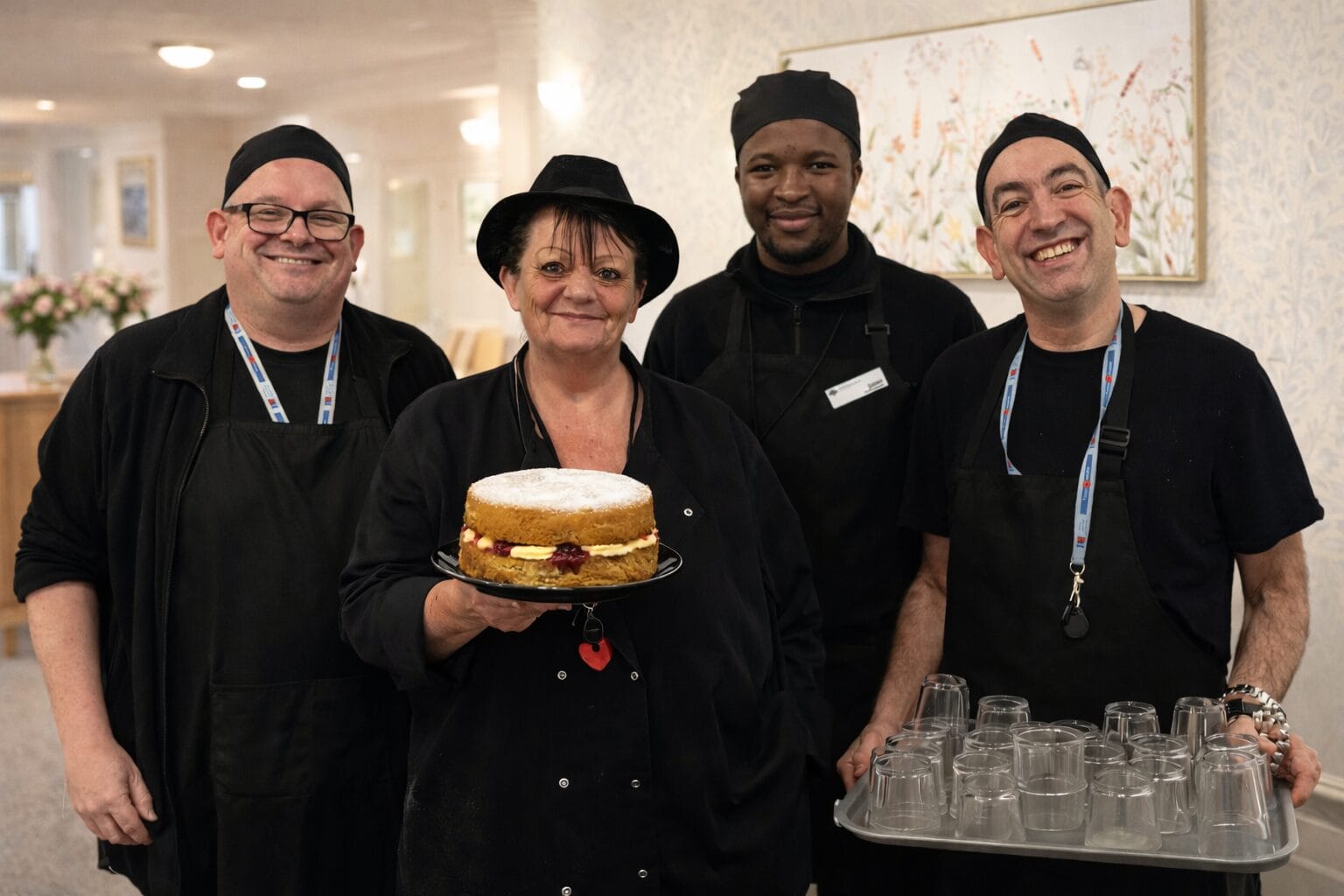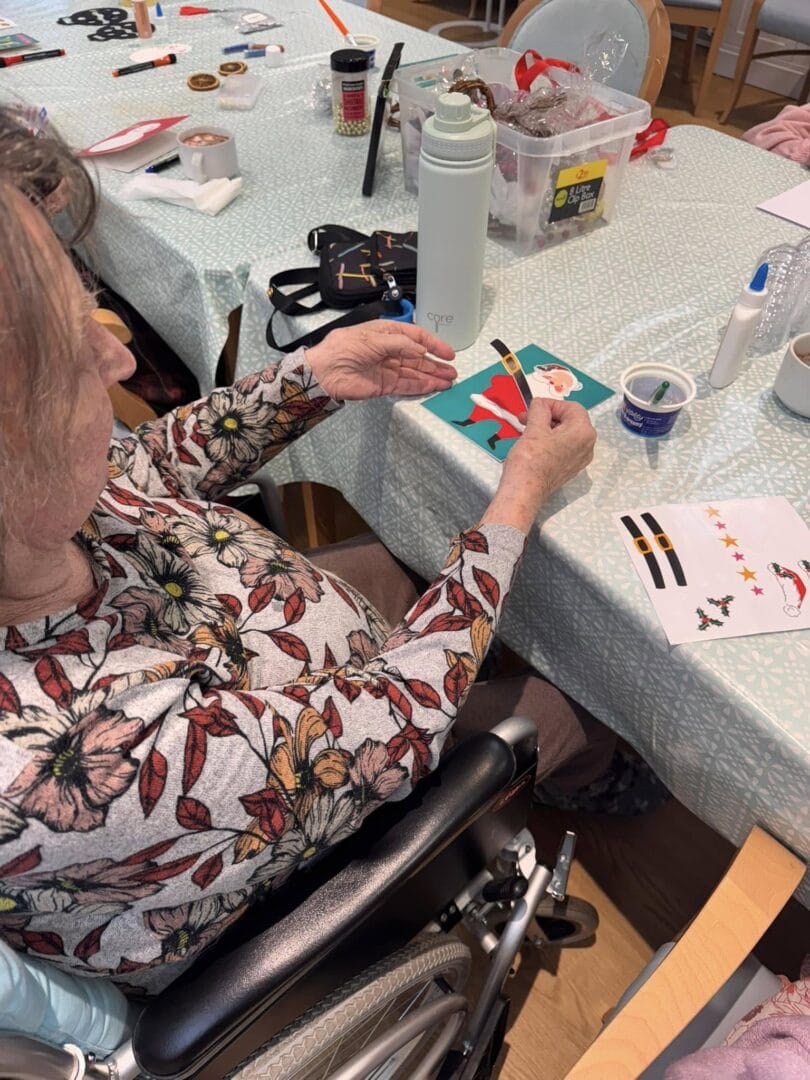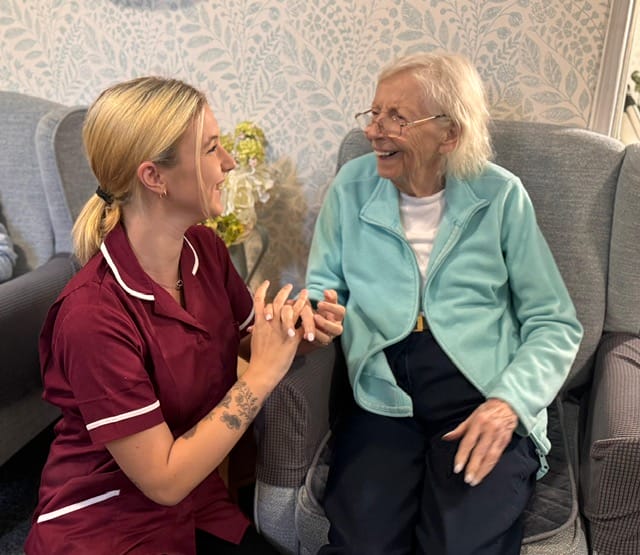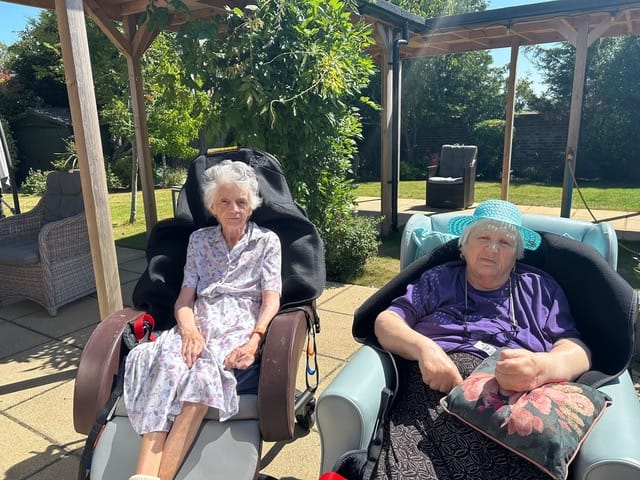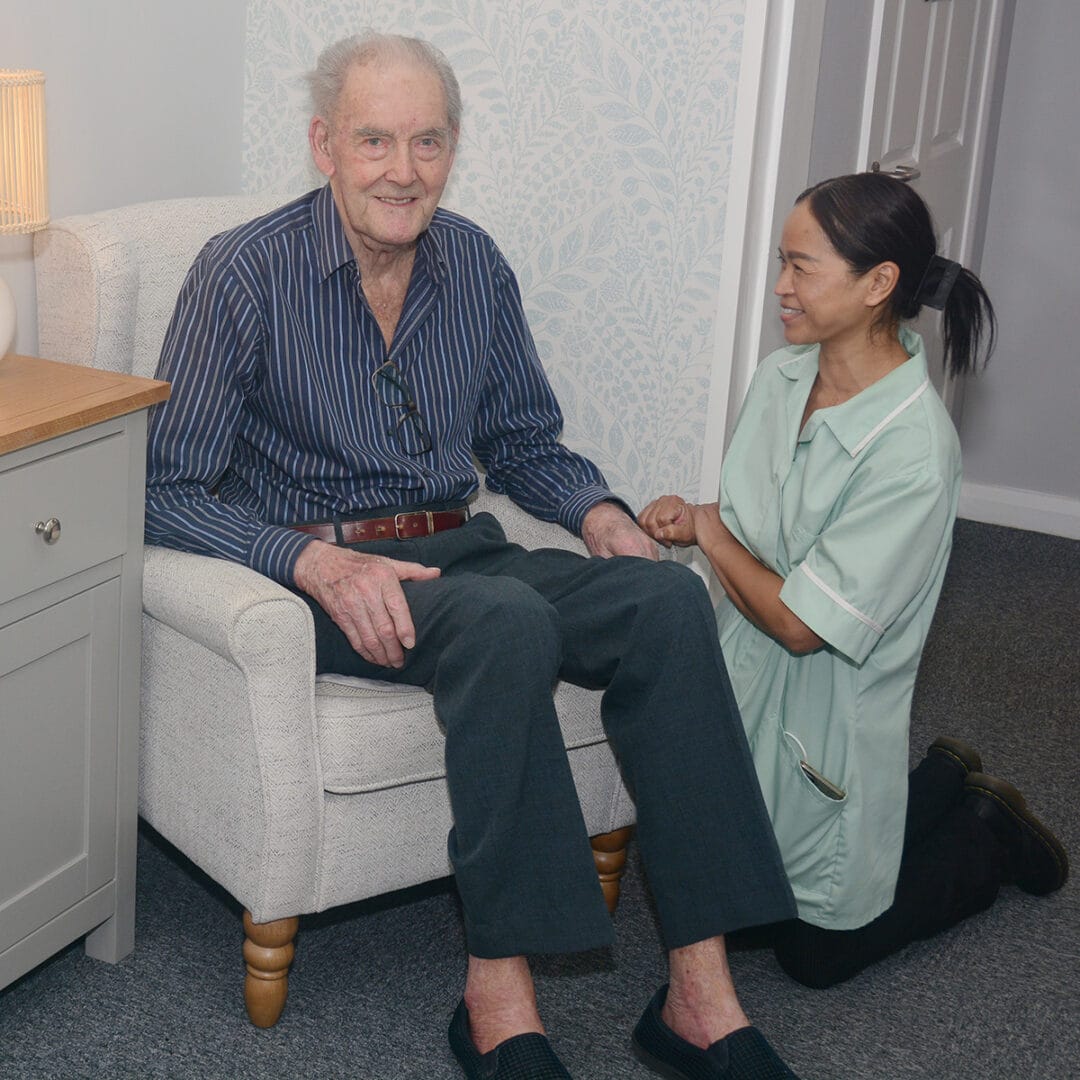When planning for a respite care stay at Springfield and Prinsted Care Homes, whether for short-term relief or as a trial for permanent residency, thoughtful preparation is essential to ensure a smooth transition.
Respite care allows caregivers to take a well-deserved break, knowing their loved ones are in safe hands.
Here’s a step-by-step guide on how to plan for a respite stay, what to expect, and how Springfield Health Services supports both residents and families during the process.
Understanding Respite Care
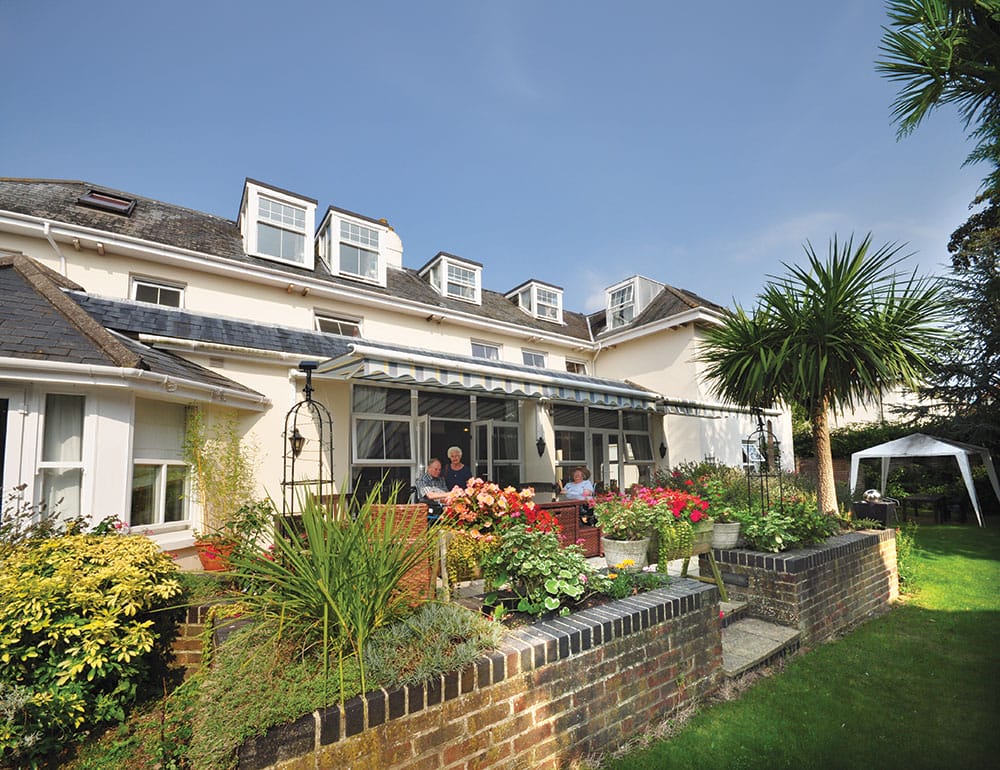
Respite care is a temporary stay in a care home, providing caregivers relief while residents receive the support and care they need. It’s commonly used when caregivers need time off for a holiday, business travel, or personal recovery.
For some, respite care also serves as an opportunity to experience care home life before considering permanent residency.
Enquiry and Initial Contact
The first step in planning a respite care stay at Springfield or Prinsted is to make an enquiry. You can reach out through the care home’s website, by phone, or in person.
During this initial contact, you’ll have the chance to discuss the availability of rooms, the duration of the stay, and any specific needs or preferences. Many families use respite care as a trial for permanent residency, and Springfield is experienced in helping families make these decisions.
Schedule a Visit to the Care Home
To get a better feel for the care home and its environment, it’s advisable to schedule a visit. Visiting the care home in person allows both families and potential residents to familiarise themselves with the staff, accommodation, and activities.
The teams at Springfield and Prinsted will guide you through the facilities, answer any questions, and explain how they create a comfortable, homely atmosphere for all residents.
Completing a Pre-Admission Assessment
Before a respite stay, we conduct a full pre-admission assessment, which is the same as for long-term care placements.
This involves a thorough health and social assessment so that we know the care home can meet the specific needs of the resident.
If nursing care is required, a registered nurse will conduct the assessment. For residential care, a senior carer or the home manager will complete the assessment.
The assessment covers:
- Medical needs
- Social preferences and daily routines
- Personal care requirements
- Medications
- Dietary needs
The assessment helps us determine if we can provide the appropriate care for the individual. While there are no issues with most residents, there may be cases where more challenging behaviours mean the setting may not be the right fit.
Preparing for the Stay
Once the assessment is complete and the care home confirms the placement, it’s time to prepare for the stay. Here are some tips for families:
- Reassurance: It’s important to reassure your loved one that respite care is a temporary arrangement. Remind them that they can return home after their stay, which eases anxiety, especially if they are resistant to the idea of entering a care home.
- Pack Essentials: Pack clothing, personal items, medications, and any comfort items from home, such as a favourite blanket or family photos. The more personal belongings the resident has, the more comfortable they’ll feel.
- Provide a Routine Overview: Share details about your loved one’s daily routine with the care home staff. This includes preferred wake-up times, meal preferences, and hobbies, as it helps us create a smooth transition into the care home environment.
During the Respite Stay
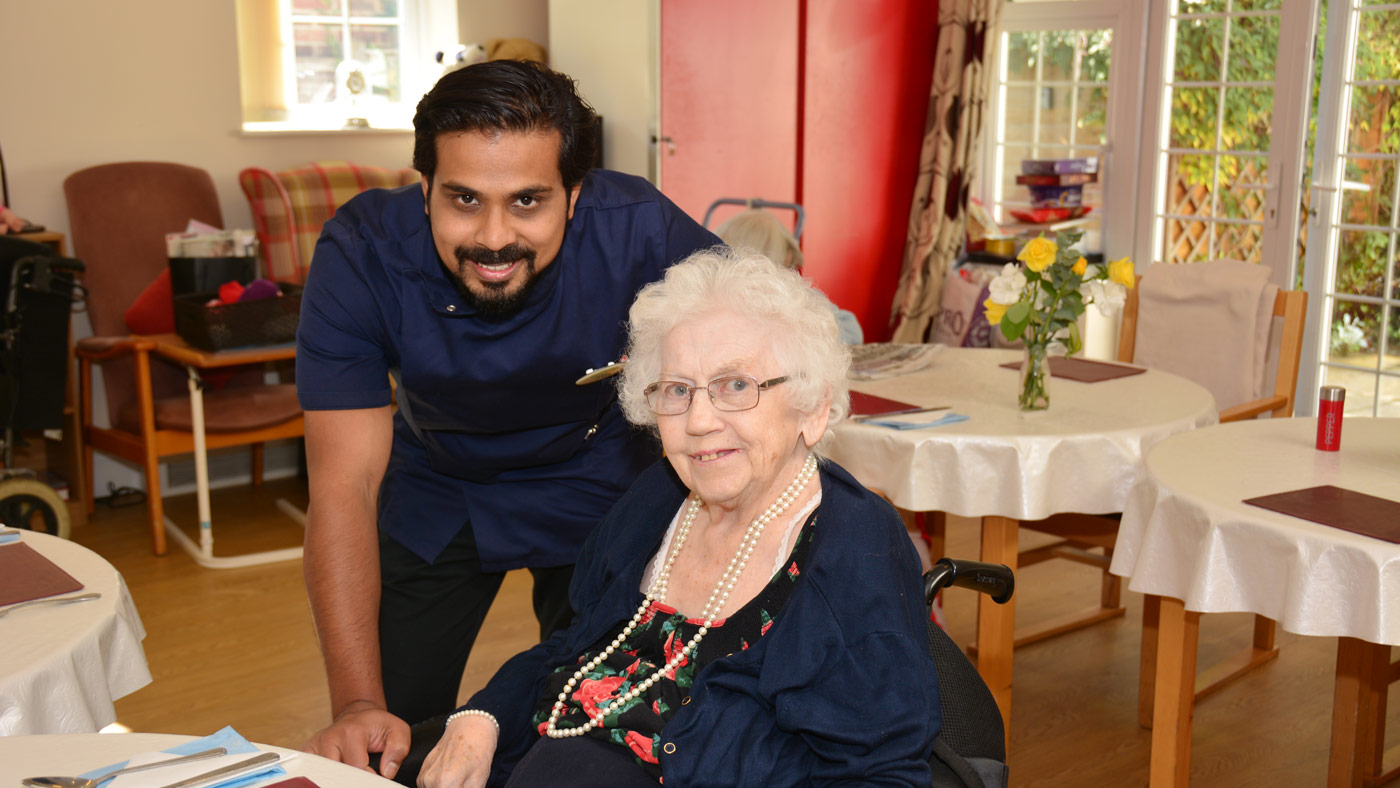
While your loved one is staying at Springfield or Prinsted Care Homes, the staff will provide the highest level of care. Residents are encouraged to participate in social activities and enjoy the full range of services available at the home, including:
- Regular health checks
- Social and recreational activities
- Nutritious meals
- 24-hour care and assistance
Many residents enjoy their time at the care home so much that they often convert to permanent care after their respite stay.
Returning Home or Extending the Stay
Once the respite period comes to an end, there are two options. Either the resident can return home, or they may choose to extend their stay or transition to permanent residency.
In cases where the resident returns home, Springfield Health Services will reassess their needs before any future respite bookings. Should the resident choose to stay, the transition to full-time care is seamless since much of the groundwork has already been laid.
Reviewing and Reflecting
Families should review the respite stay with their loved ones. It’s a good idea to talk through the experience and gather feedback from both the resident and the staff. This will help in making future decisions, whether it’s booking another respite stay or transitioning to permanent care.
The Importance of Respite Care for Caregivers
Respite care provides essential relief for caregivers. It allows them time to recharge, take care of personal matters, and prevent burnout. Knowing that your loved one is in safe, caring hands provides invaluable peace of mind.
How Springfield Supports Families
Springfield Health Services is committed to supporting families during the entire respite care process. With open communication, compassionate care, and regular updates, we ease the emotional and logistical challenges of temporary care stays.
For more information or to enquire about respite care stays, visit our website or call us today at 01243 372 445.



